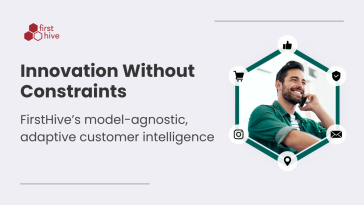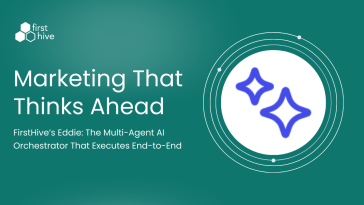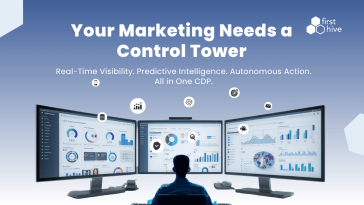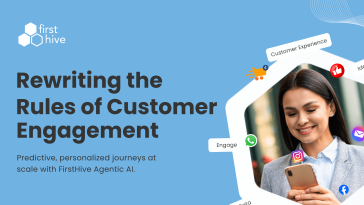
It was not too long ago that when the Cambridge Analytica team did their job, the world might/might not have been put in grave danger. The U.S presidential elections is where the focus is on. Cambridge Analytica built a model that could predict the personality of every adult in America. Instead of the entire country, the firm focused on 17 states it thought could be contested by Trump and divided the population into 32 personality types. using this framework, Cambridge Analytica could make deductions, such as those who preferred American-made cars were likely to be a potential Trump supporter. CA helped collect and analyse the needs of Trump supporters and what a typical Republican would want from his/her candidate. CA helped the POTUS in his campaign using big data to have a strategic win over his opposition, something which many do not talk about but is the hidden truth. Big data was also involved for Ted Cruz in a similar fashion.
This does not stop here. Tesla Motors have been known to use applied analytic models which have helped the company to be diverse and cut out from their competitors, main one being Jaguar. Tesla fully instruments its cars by default, connecting them wirelessly to their corporate offices for analysis. EMC uses analytics a lot too as well. In both cases, the result is a far higher customer satisfaction score and better targeting of resources to customer satisfaction. This not only connects Tesla to the customer; it helps Tesla better anticipate and correct problems before they damage the firm. Big data does not specifically mean any exact amount of data, it is just a relative term to describe a massive volume of both structured and unstructured data that is so large it is difficult to process using traditional database and software techniques. The impact of big data in various industries has indeed bloomed in the last few decades, how it affects the marketing field is too a fascinating one.

Let us get a deep understanding as what marketing really is. One of the best definitions you can look up on the internet is this one right here, “Marketing is marshaling all available resources to deliver constantly on the fundamental principle that it’s not what you want to sell, but what customers are looking to buy”. As suggested here, marketing is all about delivery, it is basically how well you understand your target’s needs and how you satisfy them by utilising your resources efficiently. But somehow this aim of delivery is not so successful at times. A study done by IDG revealed that after surveying 300 marketers in the US, their top data concerns were and found the “difficulty of extracting insights” the top concern (42%). Poor data quality was second (23%), while excessive data, number of data sources, list development time and time spent on admin were also major concerns. Although too much data may seem like a boon at first, the cleanliness of it is where your main focus should be at. This is where big data analytics steps in and plays a vital role in developing methods to recreate efficient marketing techniques for all. It is now very common to see an advertisement of a product popping up on your screen which will be similar to some other online purchase made by you in recent times. It is also very common to get SMS’s from various enterprises regarding good discounts and deals provided by them. All this may seem like an obvious and easy method to reach out to the customer but in fact it is the end product of rigorous data mining, cleaning and analysis. A few applications of big data in this field maybe:
Customer Profiling- Organisations in all types of industries can suddenly create detailed 360-degrees views of their customers, regardless of whether they are B2B or B2C customers. Combining data from social networks, the blogosphere, (online) surveys, click behaviour as well sales data, sensor data, public data and open data can help create detailed personas and micro segments to better target these customers and improve conversion and increase sales. Those organisations that are capable of identifying their customers in so much detail will be able to deliver very targeted messages, create personalized products and enter in a one-to-one relationship even if the company has over 1 million customers.
Financial Services- Automated generation of customer lead lists for specific sales agents, where each customer has set needs and reasons for servicing/ cross-sell/ up-sell. Increase in sales revenue and improvements in customer relationship and experience management through personalised product offerings.
Retail or consumer markets- Knowledge of customer demography vis-à-vis purchase patterns and trends can be utilised for planning and executing more relevant and targeted customer communications and promotions as well as improving supply chain effectiveness.
Improvement of customer retention and loyalty- Many retailers have implemented “loyalty card” systems that track a customer’s purchases, but these systems also can track which incentives and promotions are most effective in encouraging a customer – individual customers as well as the overall group of customers – to make another purchase.

Digital marketing via email, mobile, search engines and other Internet-connected electronic devices has become mainstream. The quantity and immediacy of the data generated from these marketing channels can provide insights to help marketers better target audiences, shape offers and marketing content, and make rapid adjustments to marketing campaigns. The list of reasons why big data is the turning point in providing efficient marketing strategies is one too many, but the future is bright and the big data revolution is going to create a new dynamic in the field of marketing.







